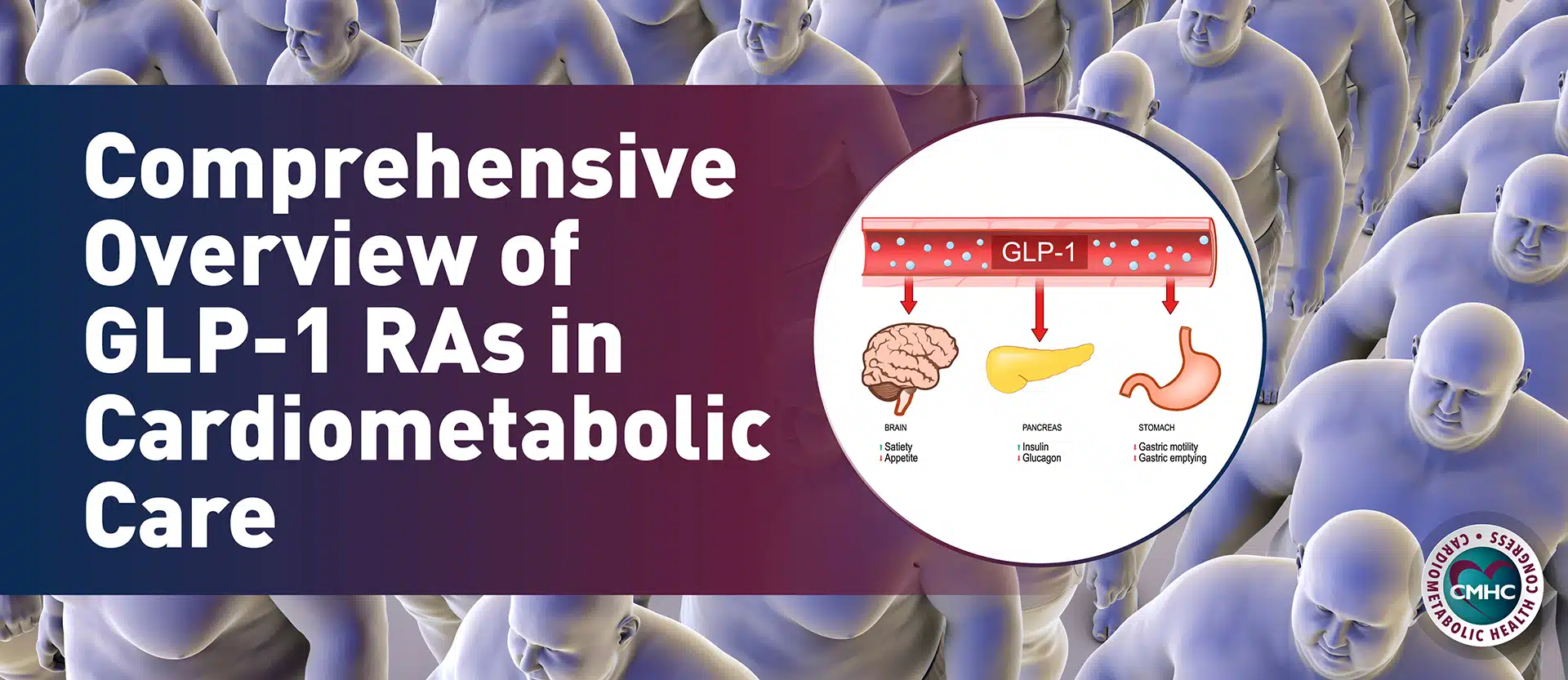For the first time in history, the FDA has approved a therapy that addresses the autoimmunity behind T1D — not just the symptoms of the disease that affects as many as 1.4 million children and adults in the U.S. The first disease-modifying therapy can delay clinical T1D in people at risk of developing the disease.
On Nov. 17, 2022, the U.S. Food and Drug Administration (FDA) granted Priority Review and Breakthrough Therapy designations to Provention Bio for teplizumab (Tzield), a novel injectable agent that can delay the onset of stage 3 type 1 diabetes (T1D) in adults and pediatric patients eight years and older with stage 2 T1D. Individuals with T1D have increased glucose that requires the use of insulin, either through daily shots or wearing an insulin pump and regularly checking blood sugar levels. Stage 1 T1D is defined as “when two or more autoantibodies related to the beta cells are detectable in the body, but blood glucose levels are normal.” In stage 2, the glucose levels are high, but the patient is asymptomatic, and a clinical diagnosis of T1D occurs in stage 3 when both high blood glucose and physical symptoms are present.
Mechanism of action in teplizumab
Teplizumab is a humanized monoclonal antibody that binds to the CD3 marker molecules on the surface of specific immune cells. Its mechanism of action binds to and deactivates immune cells and thus prevents their destructive action on the pancreatic islet cells. It does this by binding weakly to the T cell receptor-CD3 complex, which initiates a weak signaling pathway. Teplizumab-mzwv (Tzield) binds to certain immune system cells and delays progression to stage 3 type 1 diabetes. Tzield may deactivate the immune cells that attack insulin-producing cells, while increasing the proportion of cells that help moderate the immune response. Tzield is administered by intravenous infusion once daily for 14 consecutive days.
Trial outcomes
The safety and efficacy of teplizumab (Tzield) were evaluated in a trial in which patients randomly received teplizumab or a placebo once daily for 14 days via intravenous infusion. The primary measure of efficacy was from time of randomization to development of stage 3 T1D diagnosis. The trial results showed that over a median follow-up of 51 months, “45% of the 44 patients who received Tzield were later diagnosed with stage 3 type 1 diabetes, compared to 72% of the 32 patients who received a placebo.” Time from randomization to stage 3 T1D diagnosis was 50 months on average for patients who received the drug and 25 months for those who received a placebo. The investigators determined that this difference represents a statistically significant delay in the development of stage 3 T1D. The results indicate that teplizumab can delay the onset of T1D for approximately two years.
The journey of teplizumab began with a JDRF (formerly the Juvenile Diabetes Research Foundation) grant to support a trial in patients with new-onset T1D more than 20 years ago. The success of the initial studies led to support from the National Institutes of Health (NIH) and ultimately this month’s FDA approval.
“How fitting for this news to be announced in November, National Diabetes Awareness Month,” said Sanjoy Dutta, Ph.D., JDRF’s chief scientific officer.
What this means for the T1D community
Dr. Cory Wirt believes a delay in T1D onset will be a game-changer for at-risk individuals. She enrolled her daughter, Claire, who had biomarkers and was at risk for developing T1D, in a clinical trial for teplizumab (Tzield) 7 years ago. Today Claire has yet to progress into clinical T1D. “As a mom, I appreciate 83 months of not checking blood-sugars multiple times per day, worrying about life-threatening lows, and balancing my child’s independence with the importance of tight medical control,” said Dr. Wirt. “Not to mention the significant cost of supplies, office visits, and emotional stress. We don’t know how long the effects of the treatment will last, but every day without insulin has been a gift!”
Tracy Olsten is another parent who made the decision to enroll her daughter, Mikayla, in clinical trials for teplizumab (Tzield). “We know Mikayla has the biomarkers,” said Olsten. “We know the probability is high that she will develop T1D in her life. But a little bit more time to live her teenage, young adult, and adult years without injections and finger pokes.”
“A delay in the onset of type 1 diabetes will have a tremendous impact on the daily lives of people at risk for diabetes, their families, and the overall health system,” said Dr. Kowalski. “It would free them from the constant burden and stress of blood-sugar monitoring and insulin administration. It would free them from the worry and fear of short- and long-term complications while giving them the opportunity to learn more about disease management. That is clinically meaningful.” – Aaron Kowalski, PhD, CEO of JDRF (formerly the Juvenile Diabetes Research Foundation).
Adverse effects and considerations
The most common side effects of teplizumab include decreased white blood cell count, rash, and headache. Its use comes with warnings and precautions that include:
-
- Premedicating and monitoring for symptoms of Cytokine Release Syndrome
- Risk of serious infections
- Decreased levels of a type of white blood cell called lymphocytes
- Risk of hypersensitivity reactions
- Need to administer all age-appropriate vaccinations prior to starting Tzield
- Avoiding concurrent use of live, inactivated, and mRNA vaccines with Tzield
“Today’s approval of a first-in-class therapy adds an important new treatment option for certain at-risk patients,” said John Sharretts, M.D., director of the Division of Diabetes, Lipid Disorders, and Obesity in the FDA’s Center for Drug Evaluation and Research. “The drug’s potential to delay clinical diagnosis of type 1 diabetes may provide patients with months to years without the burdens of disease.”

















